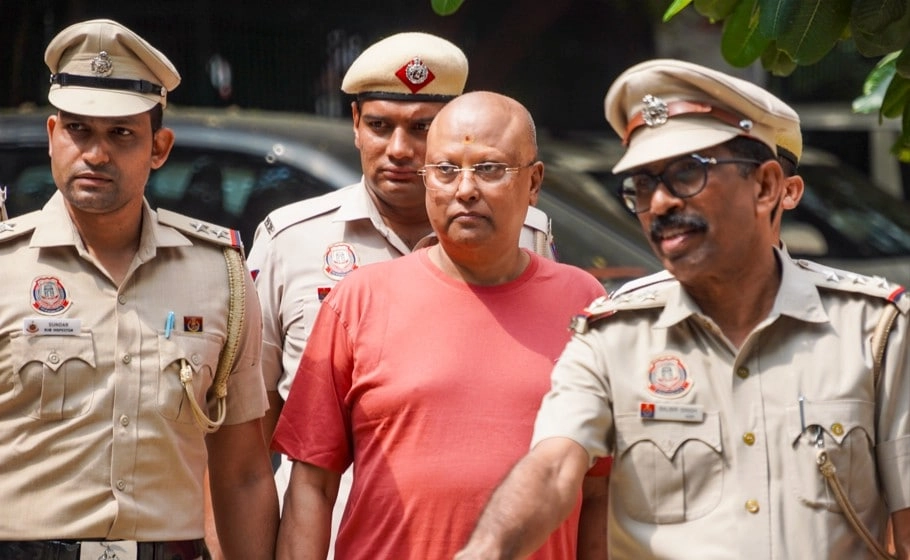In an alarming incident that has captured the attention of social media users, a man referred to as “Delhi Baba” has reportedly saved screenshots of multiple women’s profile pictures on his phone. This revelation has raised serious concerns about privacy, consent, and the potential for misuse of personal images in the digital age. The practice of taking screenshots of individuals’ online profiles without their knowledge not only infringes on their privacy but also highlights a troubling trend where personal images can be easily captured and shared without permission.
The implications of such actions are far-reaching. In a world where online presence is often intertwined with personal identity, the unauthorized storage and potential dissemination of someone’s image can lead to harassment and emotional distress. Women, in particular, have expressed fears about their safety and the potential for their images to be used inappropriately. This incident serves as a stark reminder of the responsibilities that come with digital engagement and the need for greater awareness regarding online conduct.
Moreover, the incident has sparked discussions about the broader societal issues surrounding gender and technology. It highlights the vulnerability of women in online spaces, where they may be subject to objectification and exploitation. The need for robust measures to protect individuals’ digital identities has never been more critical. Advocates are calling for stronger regulations and educational initiatives aimed at promoting respectful online behavior and ensuring that individuals understand the importance of consent in the digital realm.
As this story unfolds, it shines a light on the ongoing conversation about digital ethics and the necessity of creating a safer online environment for everyone. It serves as a wake-up call for both individuals and society at large to actively engage in discussions about privacy rights, the consequences of digital actions, and the importance of fostering a culture of respect and accountability in our increasingly connected world.




